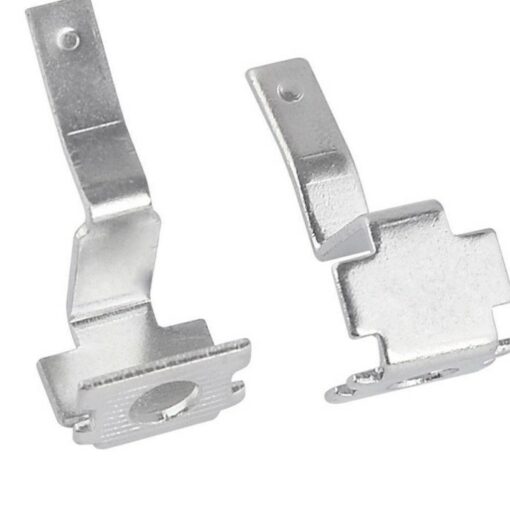A milling operation is a computer-controlled machine that grinds material into a specific shape. As a provider of milling technology, we know how difficult it is to find a milling operation that perfectly suits your needs! In this article, we'll outline some of the things you should consider when choosing a milling operation.

When choosing a milling operation for your product, it is important to consider the type of material being milled and the end use of the product. There are 4 main milling operations: turning, drilling, grinding, and broaching. Each has its advantages and disadvantages, so it is important to choose the right one for your product.
Turning is the most common type of milling operation. It is used to make round or cylindrical products. Turning is a quick and easy process, but it doesn't produce very accurate results.
Drilling is a more precise type of milling operation used to create products with straight or angled lines. Drilling is a slow process, but it can produce very precise results.
Grinding is a medium-precision milling operation used to create products with smooth surfaces. Grinding is a quick process, but it produces rough edges and results in higher manufacturing costs.
Broaching is a high-precision milling operation used to create products with precisely drilled holes.
Tips for choosing a milling operation
A milling operation is a process of turning a piece of metal into a finished product by cutting it into small pieces. There are many different types of mills, and each is used for a specific purpose. Here are some tips on how to choose the right milling opration for your project:
- Consider your project's requirements. Different mills are designed for different purposes, such as producing parts that will be assembled or machined together, or fabricating parts from solid blocks of metal.
- Choose a mill with the right capabilities. Some mills can handle large pieces of metal while others are better suited for smaller pieces. Be sure to specify your project's requirements when shopping for a mill.
- Consider your budget and needs. Not all mills are equal in terms of price and features. Be sure to compare prices and features before making a purchase.
- Consider your manufacturing environment. mills can be noisy, so make sure your workspace is conducive to working with them. Also, make sure the mill is accessible and easy to operate.
Conclusion
Milling is a process that is used to produce various types of products. AS PRECISION offers different milling operations. It can be a complex operation, and it's important to choose the right type of milling operation for your product if you want to achieve the best results.
